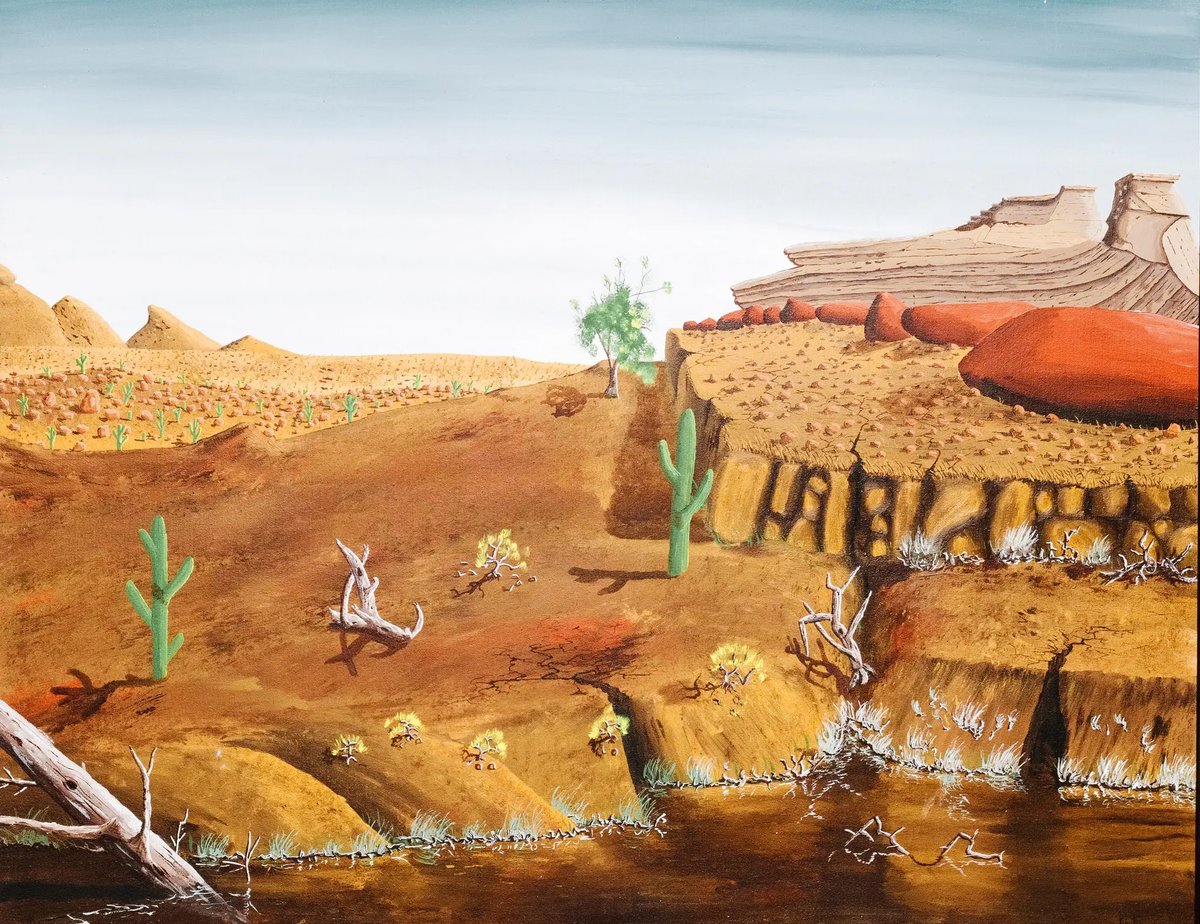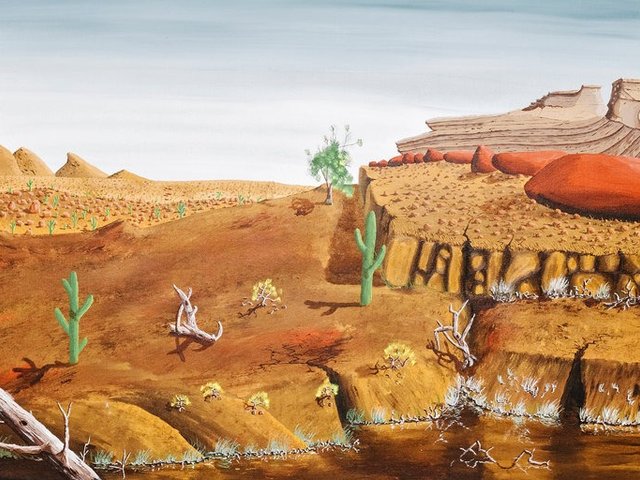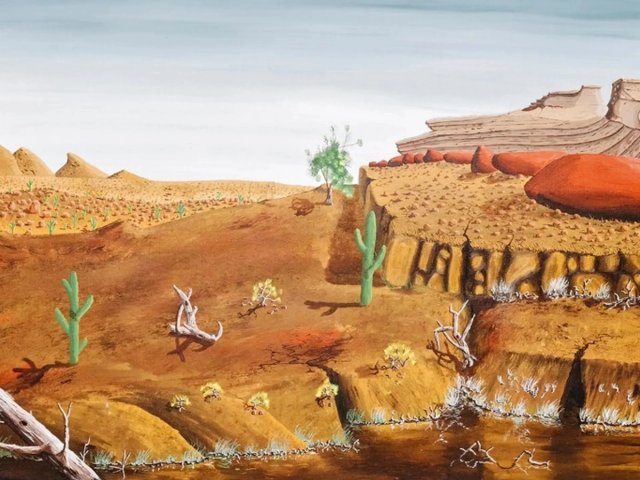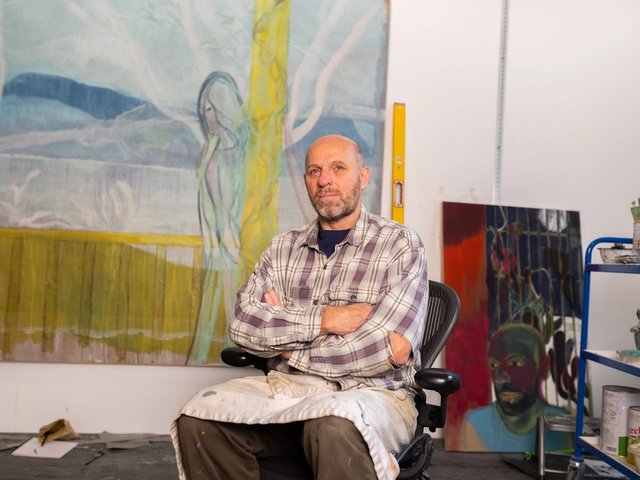The US Court of Appeals for the Seventh Circuit in Chicago has upheld a $2.5m sanctions ruling in favour of Peter Doig, the latest instalment in an over decade-long legal battle over a disavowed painting.
In December 2022, a federal district court ordered that a Chicago art gallery and other parties should pay $2.5m in sanctions to Doig after they brought a lawsuit against the artist years before, accusing him of making a painting that he has since been able to prove he did not create. The latest ruling is in response to an appeal brought by the lawyer William Zieske on behalf of Robert Fletcher, the owner of the painting, and Bartlow Gallery of Chicago, who Fletcher had approached to help sell it.
The case centres on a painting of a desert landscape which Fletcher, a retired Canadian prison officer, bought in the 1970s from an inmate—who he claims was Doig—at Thunder Bay Correctional Center for $100. Doig denied painting the work, an assertion supported by the fact that he was never in prison in Canada and, in 1976, was a teenager living with his parents in Toronto. The painting was also signed and dated “Peter Doige, 76”, by a man who, according to the artist Doig’s lawyers, died in 2012.
Fletcher first tried to sue Doig in 2013, claiming his disavowal of the work, which Fletcher planned to sell at auction, had devalued it. In 2016 the case came to court, with Fletcher seeking $7.9m in damages and demanded the court authenticate the painting as by Doig. But, at the end of an eight-day trial in which Doig himself was called to testify, Chicago federal judge Gary Feinerman ruled that Doig “absolutely did not paint the disputed work”, but instead it was painted by a Peter Edward Doige.
Following that ruling, Doig moved for sanctions against the plaintiffs, and in December 2022 Judge Feinerman awarded $2.5m, for which Fletcher, Bartlow, and Zieske were “jointly and severally liable”. In Feinerman’s words, by mid-2014, “it should have become indisputably clear to Plaintiffs and [their counsel] that their claims stood no chance of success and, in fact, that the claims were factually meritless”. Therefore, they should not have pursued the case further, as “the complaint's central allegations had completely unraveled under the weight of contrary evidence."
Zieske’s attempt to appeal both the sanctions order (which he says he cannot afford to pay) and the order denying his motion to amend the award of sanctions was rebuffed last week. On 29 July, the appeal court rejected his case, with circuit judges Brennan, Kirsch and Lee concluding that, before arriving at the $2.5m sanctions fee, the federal district court had “considered each of Zieske’s arguments that the fee was unreasonable, conducted its own independent review, and deducted the requested fee amount by twenty percent. We find no abuse of discretion in the district court’s conclusions.”
In a statement supplied to The Art Newspaper, Doig’s lawyer, Matthew S. Dontzin of Dontzin Kolbe & Fleissig, who filed the sanctions motion after winning the 2016 case, says: “We are grateful that the appellate court affirmed every aspect of the district court’s ruling, supporting both artists' rights to defend their work and the damage caused when plainly frivolous suits are permitted to proceed.” He continues “few artists could have pursued this claim for almost a decade but Doig's determination and steadfast support from gallerist Gordon VeneKlasen [the co-owner of Michael Werner Gallery, by whom Doig was represented until he left in February 2023] made it possible to establish this precedent that will hopefully benefit all artists."
Doig’s lawyer has previously said that any money the artist receives as a result of this ruling will be donated to a non-profit that gives incarcerated people the chance to make art.
Zieske did not respond to The Art Newspaper’s request for comment.





